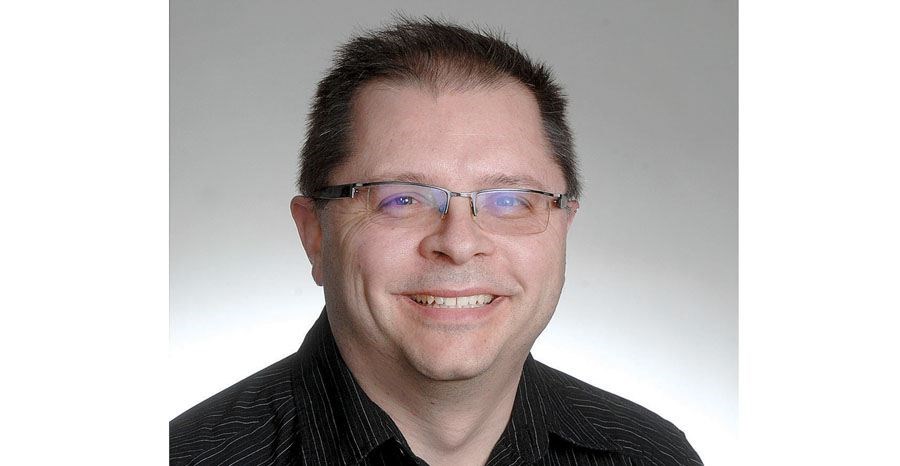There was a time, not that long ago, when veterans amounted to nothing as a political force.
Second World War and Korean War veterans were too busy getting married, starting families and working hard to ask for special treatment from the government. It was a different era, where the what-can-I-do-for-my-country ethic held much greater sway than what-can-my-country-do-for-me.
Even as individualism and entitlement started to take hold in society and popular culture in the 1970s, veterans largely kept to themselves, raising a glass at their local Legion while shaking their heads in equal parts disappointment and disgust at a new generation coming up that knew nothing about war, sacrifice and hardship.
Meanwhile, most Canadians stopped thinking about their military, except to scold soldiers in righteous indignation, as they did when two Canadian soldiers beat a Somalian teenager to death in 1993 during a humanitarian mission in Somalia.
Then the unexpected happened.
As the veterans of the mid-20th cenutry major conflicts quietly died off and as major anniversaries passed - 50 years, 60 years and now 70 years since the end of the Second World War - Canadians started paying attention to veterans and those who wear a uniform and put themselves in harm's way in service to their country. Even as Legions across the country struggle to stay open because so few baby boomers and their children joined the Armed Forces, those same people now revere those who took part in United Nations peacekeeping missions or active duty in Afghanistan.
Regardless of whether that reverence is born of admiration, shame, guilt, sentiment or all of the above, the affairs of veterans and the armed forces are in the public spotlight as never before. Everything from post-traumatic stress disorder, suicide, inadequate mental health support and pathetic pensions and medical payouts for veterans now draws the ire of the public.
Here's where the politicians come in, looking for votes and promising to spend money.
As The Citizen's Charelle Evelyn explained Thursday in her examination of the veterans issues in this fall's federal election, the opposition parties recognize the vulnerability of Stephen Harper's Conservatives on the military and veterans files. The Liberals are pledging to reopen the nine regional Veterans Affairs offices, including the one in Prince George, that the Conservatives closed, plus boosting mental health assistance for veterans plus creating an $80 million advanced education fund for veterans. The Greens may be pacifists but they say they'd restore lifetime pensions, instead of lump sum payments, for vets.
The NDP have yet to release their full platform on veterans but expect them to make a big splash with promises to also reopen Veterans Affairs offices, improve care and enhance pensions. Globe and Mail columnist Lawrence Martin wrote a column earlier this week suggesting the NDP are toying with the idea of outflanking Harper's cheerleader in chief stance by pledging to dramatically increase the military budget, stressing the modernization of the armed forces and bringing Canada closer in line to its required spending under its treaty obligations as a NATO member.
So even though Canadians seem as unwilling as ever before to either join the armed forces themselves or see their friends or family do so, they are also demanding the men and women in uniform want for nothing, both during their years of service and in retirement. When the NDP - that's right, the NDP - are pledging balanced budgets and pondering pouring money into the military, two things are certain. First, the NDP see themselves as the governing party in waiting and are making themselves more moderate and attractive to a broader section of the electorate. Second, supporting veterans and the noble ideals they represent to many Canadians equals votes, particularly among the undecided and non-partisan.
Those moves by the other parties have the Conservatives scrambling with their own promises to allow veterans to earn more income without it affecting their benefits and hiring more case managers in the veterans affairs ministry. That follows the sacking of Julian Fantino as veterans affairs minister early this year in favour of Erin O'Toole, a Royal Military College graduate and retired air force captain.
Expect all the major parties, their leaders and their candidates to continue to pander to veterans, and those who love and remember them, throughout this campaign.



